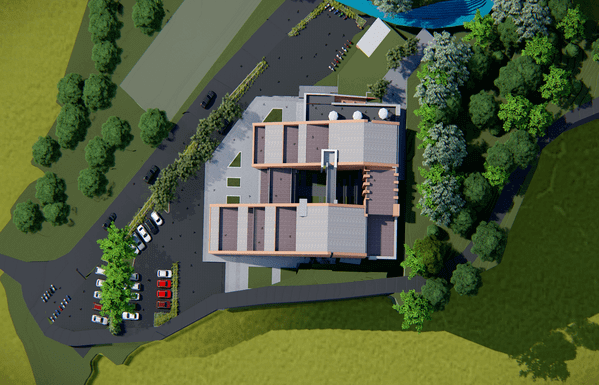Nepal Technology Innovation Centre (NTIC)
Vision
- Create and make available a transforming innovation-related resource
- Enable Nepal to address research needs in key areas, and compete in the global scenario of tomorrow
- Generate growth and innovation in Nepal.
Mission
To make world-leading research and technologies available in Nepal for the overall development of the country in a conducive professional, technological, and entrepreneurial environment.

About the Center:

The 21st Century is a time of rapid innovation and technological change that will be spurred on by the immense challenges–such as climate change, demands of an increasingly ageing population, and Covid-19 pandemic–we currently face in society. On the optimistic side, significant opportunities for technology-based products and services are also emerging from increasingly open, competitive and affluent global actors to mitigate and overcome those challenges.
This combination of opportunities and challenges brings to the fore the need for an innovation system in Nepal if it is to emerge stronger through this period.
It is well known that there is a critical gap between research findings, their outputs, and their development into technological and commercial propositions in Nepal. This is where Nepal Technology Innovation Center (NTIC) comes in: it can enable institutions/organizations to bridge this between research and applicable technology.
NTIC is an autonomous body established at Kathmandu University (KU) as per the decision of the Kathmandu University Executive Council on January 18, 2019 (E.C. No. 568). The main objective for the establishment of NTIC is to provide services in the fields of:
- Agriculture and Rural Development
- Alternative and Renewable Energy
- Health-Related Livelihood
This initiative is also expected to create a new network of technology and innovation-related centers within Nepal, which will enable them to provide mutual support to each other, and ensure their common growth. Many stakeholders–leading entrepreneurs, government departments, parliamentary committees, and the wider business and research institutions–have contributed and continue to contribute to the development of this network.
